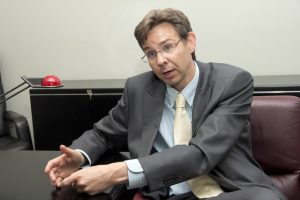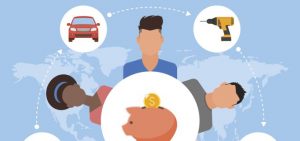As part of the consortium led by the Austrian Institute of Technology, IFI supports the European Commission by providing “foresight on demand” services in science, technology, research and innovation policy.

DG Research and Innovation has set-up a “Foresight-On-Demand” (FOD) mechanism to respond to the demand for quick inputs to policy-making, drawn on the best available foresight knowledge. FOD is aimed at offering Commission services with timely and effective support related to crisis situations, emerging risks, and policy challenges. The FOD services will include scanning and synthesis of foresight literature and data sources including horizon scanning, rapid foresight data collection and analysis, scenario building, and combinations of the above. Within this framework, IFI is providing foresight support among others to the Mission Boards, European Environmental Agency and the Commission Scientific Advisory Mechanism and SAPEA.

 Juan Mulet, the member of IFI Innovation Council writes in Cinco Dias, one of the leading economic daily papers in Spain on how innovation, purchase and employment are, or should be, connected.
Juan Mulet, the member of IFI Innovation Council writes in Cinco Dias, one of the leading economic daily papers in Spain on how innovation, purchase and employment are, or should be, connected. A lot of businesses within the digital economy are structured around the so called digital platforms. Apple, Google, Amazon and Facebook are platforms, and up to a 70% of the new unicorns, with Uber leading them, as well. In USA and Asia the companies based in platforms represent a substantial part of the new digital economy. Surprisingly, Europe, contributes just a 4% in the total capitalization of the global platforms.
A lot of businesses within the digital economy are structured around the so called digital platforms. Apple, Google, Amazon and Facebook are platforms, and up to a 70% of the new unicorns, with Uber leading them, as well. In USA and Asia the companies based in platforms represent a substantial part of the new digital economy. Surprisingly, Europe, contributes just a 4% in the total capitalization of the global platforms.